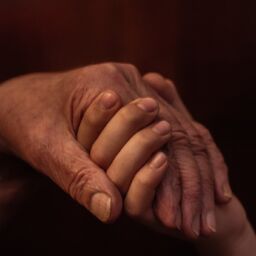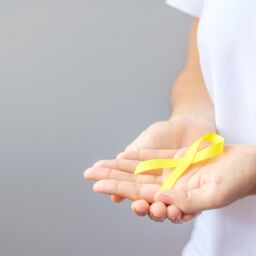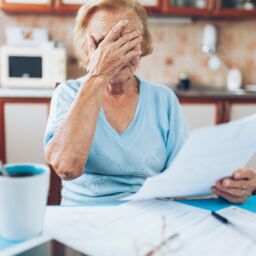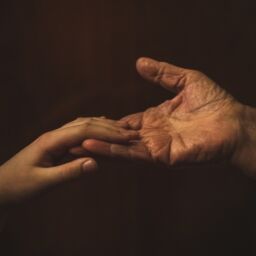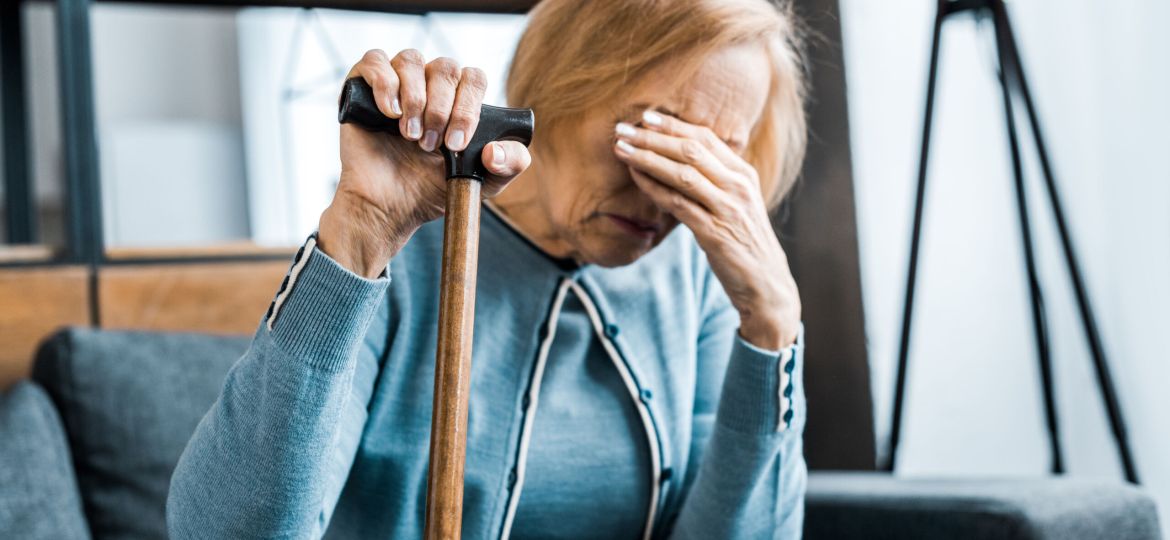
Elder Abuse: Signs of Elderly Neglect
by- Madeline Cadiz
In most cultures, it is common practice to care for and respect our elders. However, individuals might have different opinions about this responsibility. Elder Abuse can occur in many different ways, including Financial Abuse, Physical Abuse, and neglect. One of the most common types of Elder Abuse is neglect. Elder Neglect “occurs when the caregiver does not try to respond to the older adult’s needs. This may include physical, emotional, and social needs, or withholding food, medications, or access to health care” (Elder Abuse, 2020). Understanding how neglect occurs, why it happens, and how to report it will provide ways to stop this situation if you are a witness or Victim.
Elder Neglect can occur in any environment. It can happen in hospitals, long-term care facilities, and in the home with family or a caregiver. Because the elderly are often physically weak and vulnerable, caregivers can easily take advantage of them and abuse them. In most cases, caregivers begin to abuse their elderly patients as the result of many factors. They might be under heavy stress from chronic fatigue or their responsibilities, they might suffer from illicit drugs or excessive alcohol use, or they may have psychological problems, such as mood disorders (The Nursing Home Abuse Center Team, 2019). However, these reasons do not excuse the abuser in any way. They only strengthen the argument that abusers need to get help or must leave their caregiver career. Resorting to abuse harms everyone involved.
Through Elder Neglect, caretakers fail to fulfill their obligations and leave the elder in a helpless situation. Similar to Child Neglect, caretakers might withhold healthy and nutritious foods from the elder, which results in unhealthy weight loss, malnutrition, and dehydration (Elder Abuse and Neglect, 2022). This becomes dangerous for the elder in a variety of ways. When we grow older, our bodies need more nutrition and vitamins to keep from degeneration. An older adult may need a specific diet to lower their cholesterol or blood pressure to decrease the risk of heart disease. Lacking the meals needed for the elder’s health will only worsen their condition. When an elder is denied nutritious meals, their body weakens, and they may develop mental health problems such as depression (Elder Neglect for Family Members and Carers, 2022).
Not only are food and water at risk with neglect, but other aspects of their physical well being include exercise. Incorporating physical movement in an elder’s daily routine can improve cognitive functions (Movement and Mobility in the Elderly, 2020). Movement is also crucial for those who may not be able to walk and need repositioning in bed. However, when caretakers neglect an elder’s movement and allow them to stay in the same position for too long, they develop “physical problems, such as bed sores” (Elder Abuse and Neglect, 2022). If they are denied movement, their muscles grow weak and frail. They may also not have easy access to the restroom . Often, elders are left dirty and unbathed because of the restriction of movement (Elder Abuse and Neglect, 2022).
Among other basic needs, neglected elders often do not receive their medications. Many medications are used to treat health problems or to relieve any pain they may be experiencing. However, when elders are in a neglectful situation, caregivers might forget to give medications or lack the sympathy to ensure they receive the necessary dosages (Heerema, 2021). Each medication must be dispensed carefully to avoid taking too much or too little of the prescribed medicine. When an elder is lacking any medications, they could develop painful symptoms and flair-ups from withdrawal or the illnesses they are treating. In many cases, medications “are absolutely necessary to manage a serious health condition” (DailyCaring Editorial Team, n.d.). When caretakers deny elders their resources for better health, serious health problems will emerge.
When an elder is in an abusive and neglectful situation for too long, many negative long-term effects can develop, physically and mentally. Elder Abuse, including neglect, can cause immense damage to their psychological health and “lead to [an] early death” (Elder Abuse, 2020). Knowing the signs of Elder Neglect will help Victims, Survivors, and witnesses understand the situation they or someone they know may be in. If you or someone you know has or is experiencing signs such as being delirious, depressed, withdrawn, underfed, dehydrated, under-medicated, and frail, this may be a time to talk with someone you trust and report the abuse. The ways to report abuse depend on which state the elder resides. Thankfully, the National Center on Elder Abuse (NCEA) offers multiple resources to report abuse based on the elder’s state, so elders can get the help they need.
When elders have to be under someone’s care, supervision and tending are the priorities. A lack of care and supervision can cause the elder’s physical health and mental state to spiral. No elder deserves to have their basic needs ignored, and they should receive quality, compassionate care to live a healthy life. If people educate themselves about what to look for and understand the situation, Victims and Survivors of abuse may finally speak out about their experiences. If an older adult is trying to speak about their experience, do not excuse their experience as a petty complaint. Instead, listen to them and understand their situation. They may not have many people to talk to about their situation, but if one person listens, this conversation may lead to the help they have been desperately waiting to receive.
If you have been or are currently in an abusive situation or know of someone that is, ARO is here to support you in your personal healing journey to complete well-being. We bring awareness and education to 13 different types of abuse including Narcissistic, Sexual, Physical, Psychological, Financial, Child, Self, Cyberbullying, Bullying, Spousal, Elder, Isolation, and Workplace, and help others heal and find peace. Please support our efforts by going to GoARO.org to learn how you can make an impact on the Abuse Care Community.
References
DailyCaring Editorial Team. (n.d.). Not taking medication as prescribed harms senior health. DailyCaring. https://dailycaring.com/not-taking-prescribed-medication-harms-senior-health/
Elder Abuse. (2020, July 29). National Institute on Aging. https://www.nia.nih.gov/health/elder-abuse
Elder Abuse and Neglect. (2022, October 6). HelpGuide. https://www.helpguide.org/articles/abuse/elder-abuse-and-neglect.htm
Elder neglect for family members and carers. (2022, October 3). Drugs.com. https://www.drugs.com/cg/elder-neglect-for-family-members-and-carers.html
Heerema, E. (2021, March 28). How to identify types of elder abuse and neglect. Verywell Health. ;
Movement and mobility in the elderly. (2020, December 16). Full Circle Wellness. ;
The Nursing Home Abuse Center Team. (2019, November 21). Elder abuse causes. Nursing Home Abuse Center. https://www.nursinghomeabusecenter.com/elder-abuse/causes/


